Choosing the right wood cutting tools can make or break your woodworking experience — especially if you’re just getting started. With the proper tools in hand, you’ll enjoy cleaner cuts, smoother results, and a more satisfying creative process. Whether you're a weekend DIYer or diving into your first project, this guide will help you navigate the essential tools for success — from budget-friendly hand tools to powerful electric options and precision tools for professionals.
Understanding the Two Main Categories of Wood Cutting Tools
Before you shop for tools, it’s important to understand how they’re generally classified. Most wood cutting tools fall into one of two categories:
Hand tools
Hand tools are a staple in any woodworker’s kit — especially for beginners. They are affordable, easy to learn, and offer better control for detailed or smaller-scale projects. Common options include hand saws like crosscut or dovetail saws, Japanese pull saws, chisels, hand planes and more.
Power Tools
Power tools bring speed, precision, and efficiency — ideal for larger or more repetitive tasks. While they require more safety awareness and technique, they open the door to more advanced woodworking. Popular choices include circular saws, jigsaws, table saws, miter saws, and for more advanced or creative work, even laser engravers.
Best Beginner Wood Cutting Tools: What You Actually Need
If you’re just starting out, it’s easy to feel overwhelmed by the wide range of tools available. But you don’t need everything at once. Below is a curated set of beginner-friendly tools that cover up to 90% of your early woodworking needs.
Recommended Hand Tools for Beginners
These tools are reliable, safe, and budget-conscious — a solid foundation for your toolkit:
Crosscut Saw
The crosscut saw is a must-have for general-purpose woodworking. It’s great for making fast, clean cuts through both soft and hardwoods, making it ideal for framing and trimming lumber. However, it’s not suitable for intricate or curved cuts due to its rigid blade and size.

Image Credit: Photo by Sarah Pflug from Burst
Coping Saw
The coping saw is designed for precision—perfect for cutting curves, patterns, and fine details in thinner wood pieces. It’s a favorite among craft and model makers. While versatile for intricate work, its thin blade can snap easily and doesn’t handle thick or long cuts well.

Image Credit: Photo by Matthew Henry from Burst
Wood Chisels
Wood chisels are perfect for shaping joints, carving details, and refining edges in woodworking projects. They offer great control and accuracy, especially in joinery tasks. However, they require regular sharpening and careful handling to maintain clean results.

Image Credit: Photo by Collab Media
Hand Plane (Wood Shaver)
A hand plane helps smooth wood surfaces, flatten boards, and clean up edges for a polished, professional finish. It’s ideal for surface prep before sanding or staining. The downside is that it takes practice to adjust and use properly, especially when working against the grain.

Image Credit: Photo by Ono Kosuki
Recommended Electric Tools for Beginners
Electric tools speed things up — without sacrificing control, if you choose the right ones. Here are two great options that strike the right balance for new users:
Circular Saw
A circular saw is a powerful wood cutting tool that helps beginners make quick, straight cuts through thick boards and plywood. Best for straight-line efficiency—not for curves or fine details.

Image Credit: Photo by Ivan Samkov
Jigsaw
A jigsaw is a beginner-friendly wood cutting tool that’s perfect for cutting curves, shapes, and custom designs. While it’s not ideal for straight cuts or heavy-duty tasks, it’s a must-have tool for woodworking beginners looking to work more efficiently.

Image Credit: Photo by Mikael Blomkvist
Precision Wood Cutting Tools for Advanced Makers
As your skills improve, so will your expectations — especially if you’re looking to turn your hobby into a business or explore personalized, professional-grade results. That’s where precision tools like laser engravers like WeCreat Vision Pro come in.
Why Choose a Laser Cutter?
Laser cutting technology allows for extremely detailed and accurate cuts, ideal for customized woodworking, signage, gifts, or small-batch product runs. Machines like the Vision Pro are engineered for creators who want more than just functionality — they want artistic control and efficiency.
Here are some woodworking projects created with the WeCreat Vision Pro laser engraver It adds a custom touch to every project — whether you're making gifts, home decor, or launching your own craft business. It's the perfect choice for creators who want to stand out with unique, high-quality wood designs.

Woodworking Projects Created with WeCreat Vision Pro
Final Thoughts
Getting started in woodworking doesn’t have to be complicated. Begin with a few reliable hand tools, add electric tools as you grow more confident, and eventually consider precision tools like laser cutters if you want to scale your creativity or business.
The right wood cutting tools don’t just make your projects easier — they make the process more enjoyable, more accurate, and more rewarding.


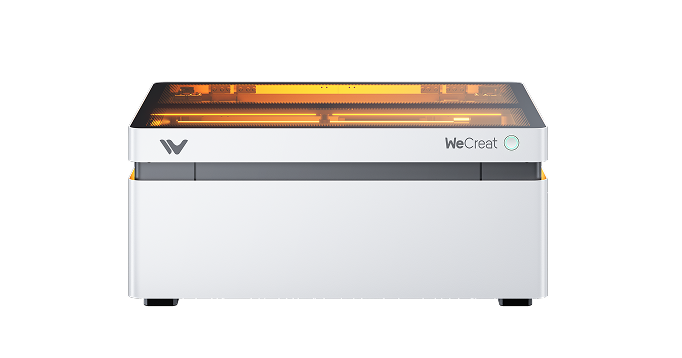
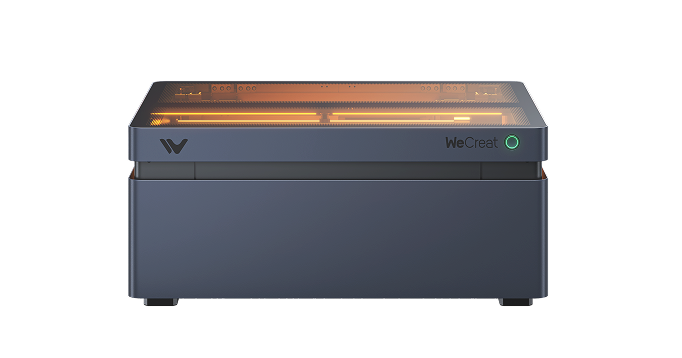
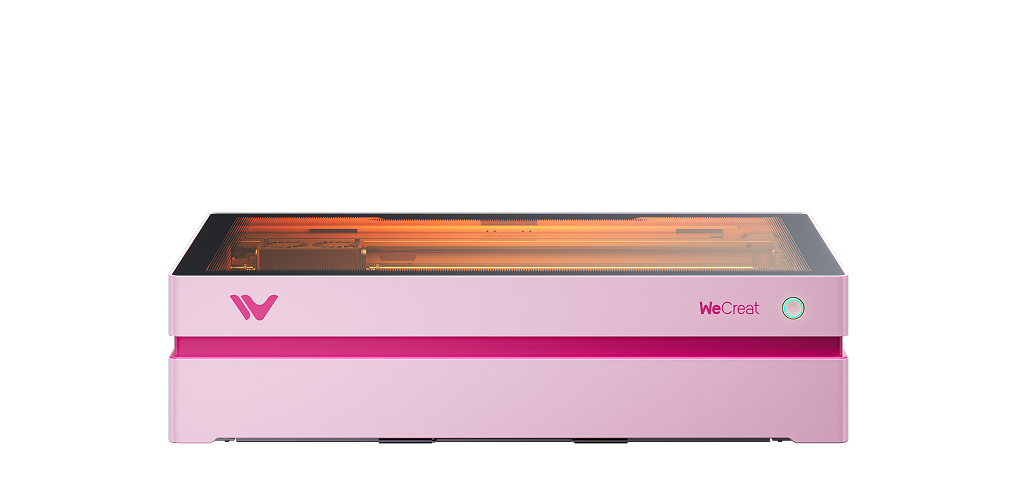
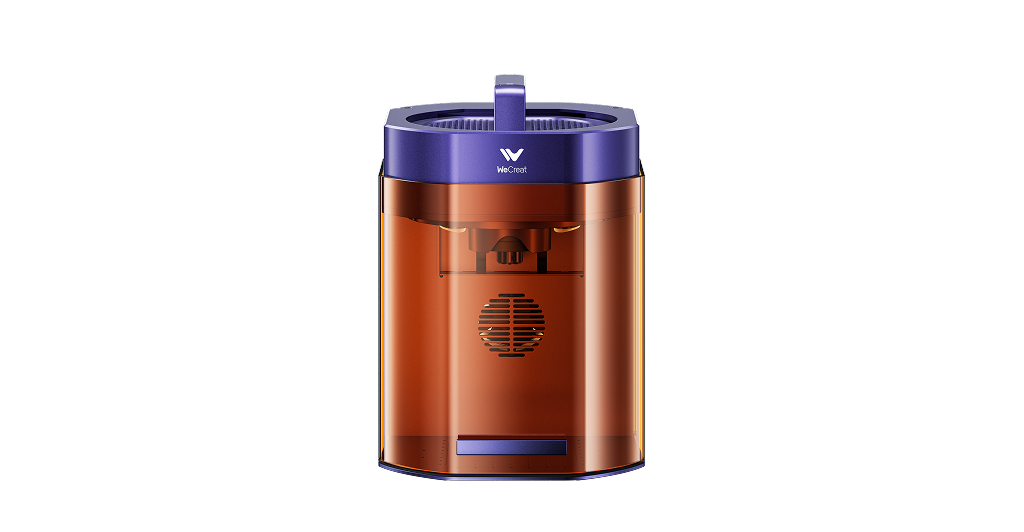
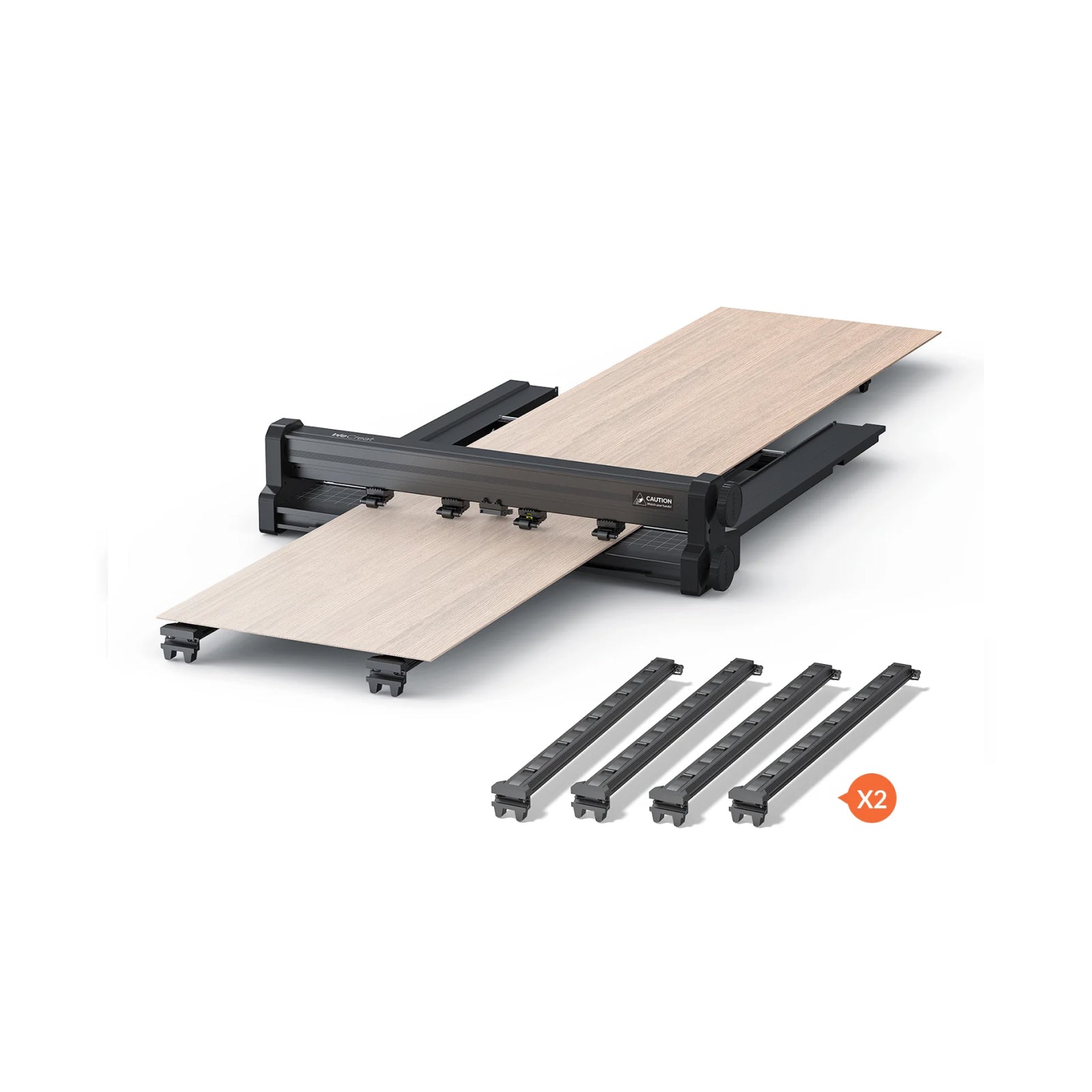
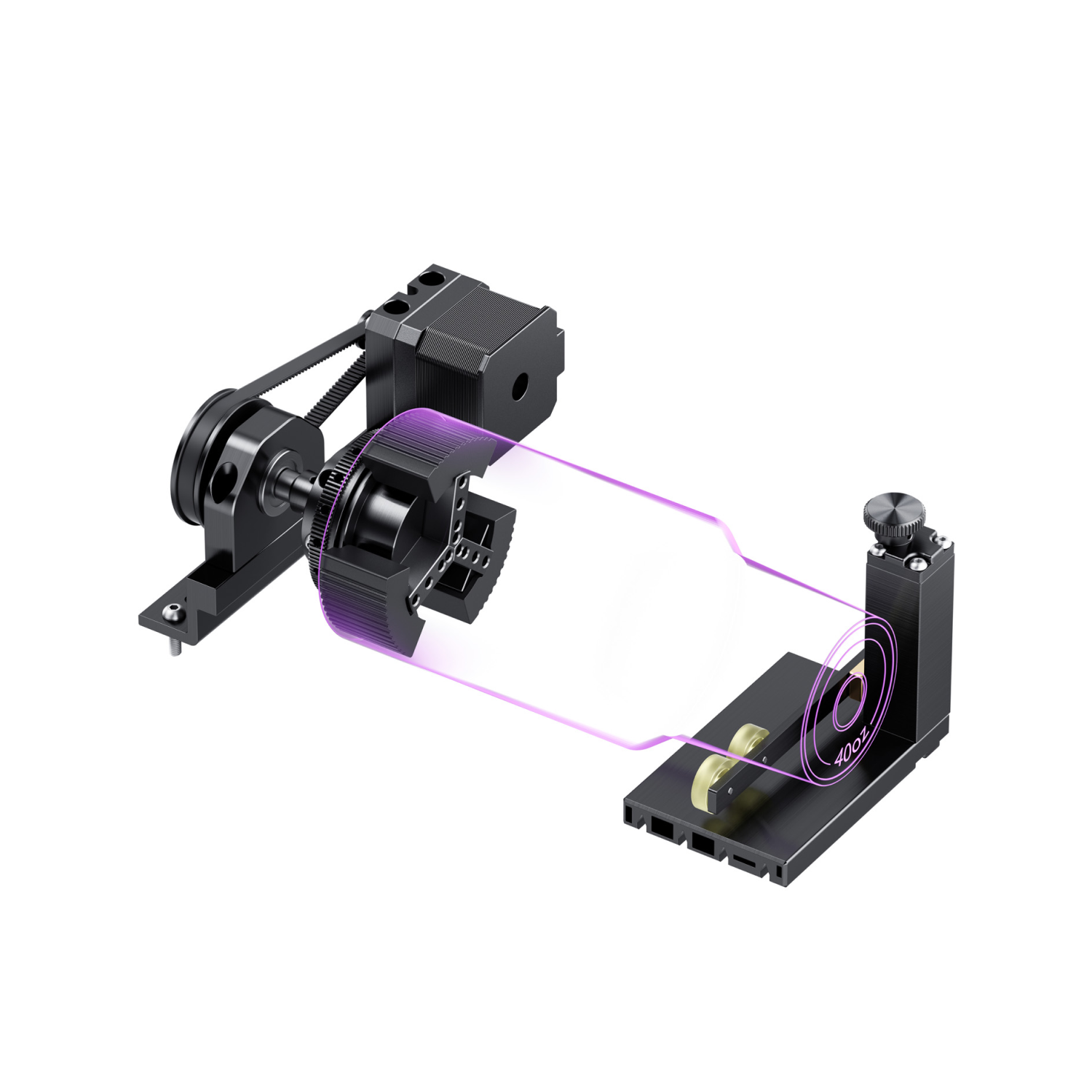
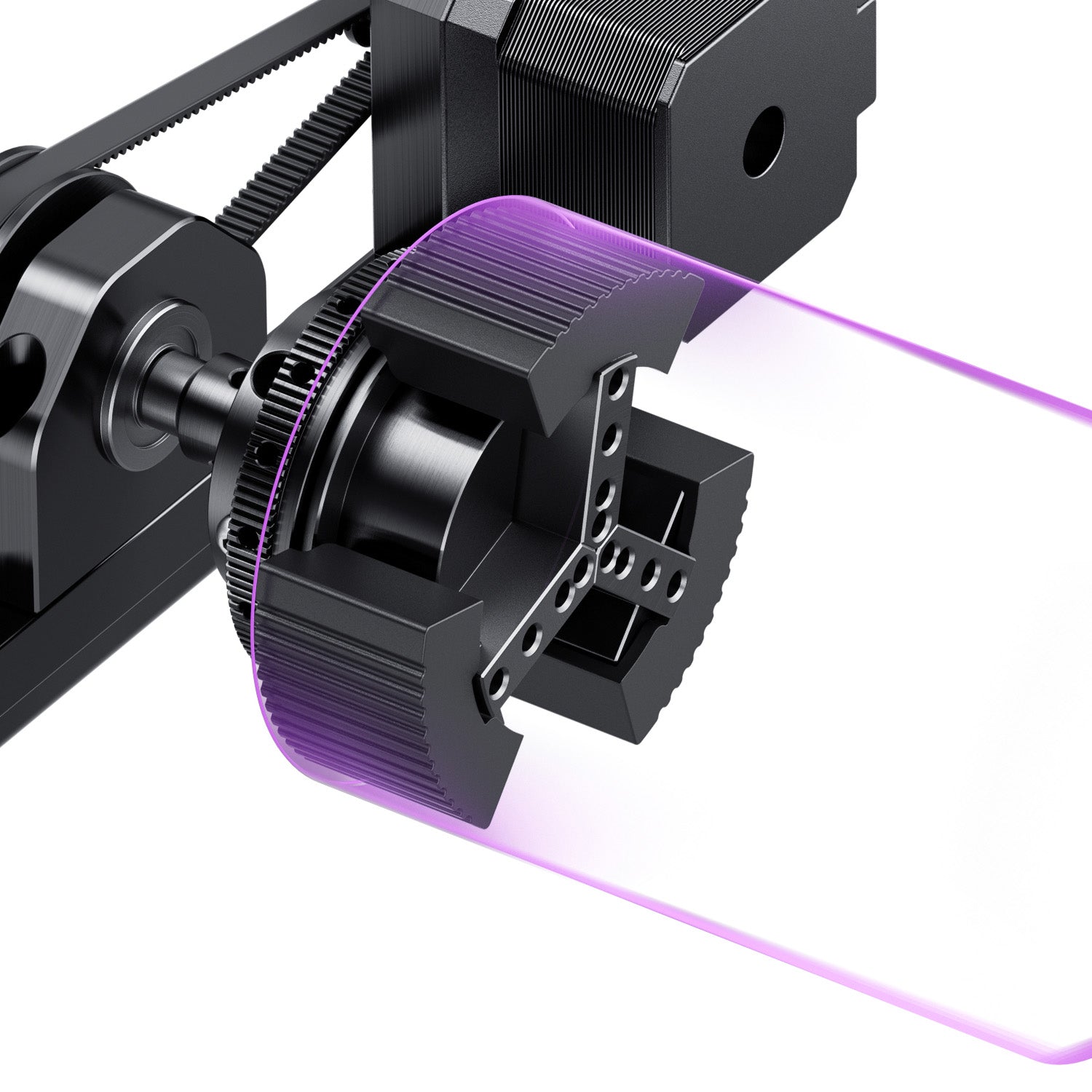
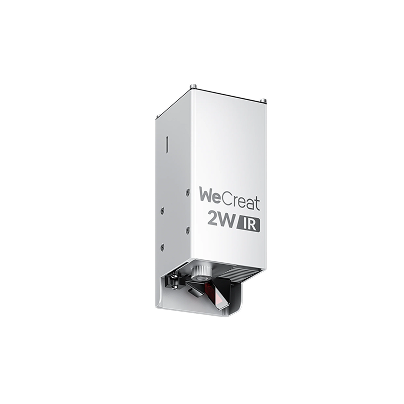
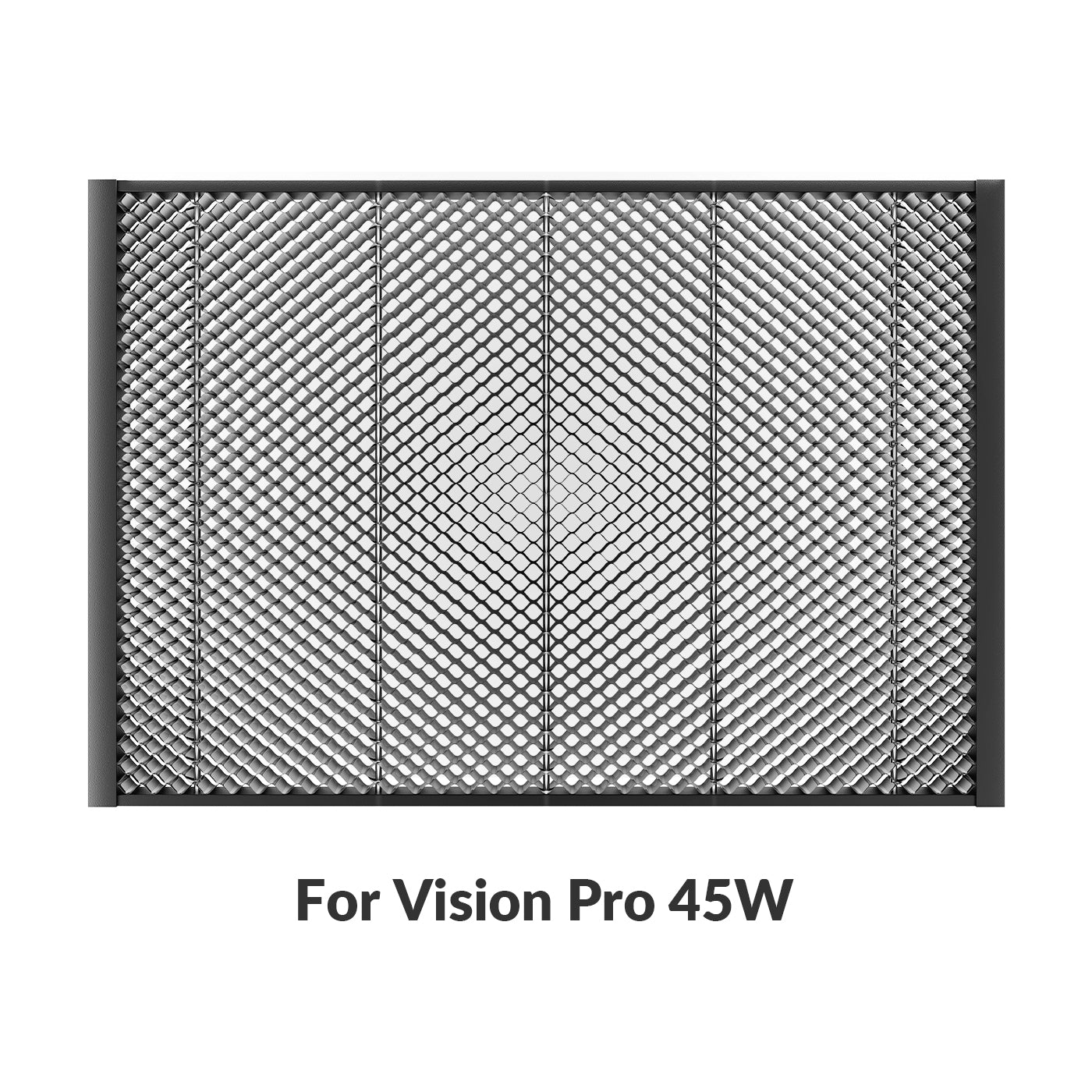
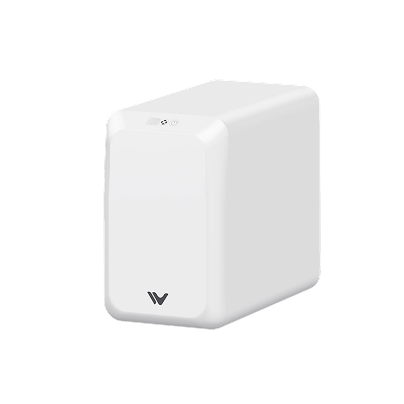

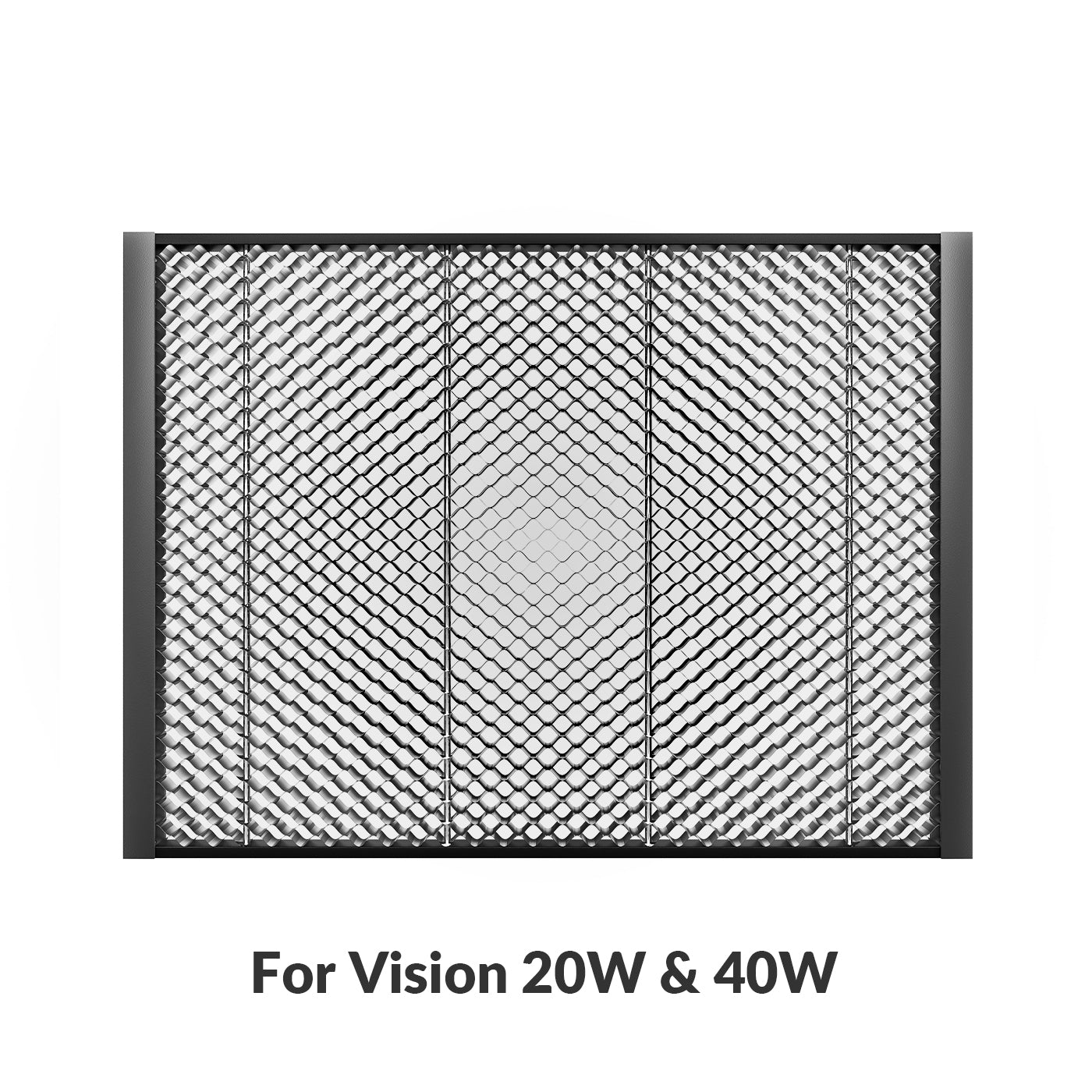
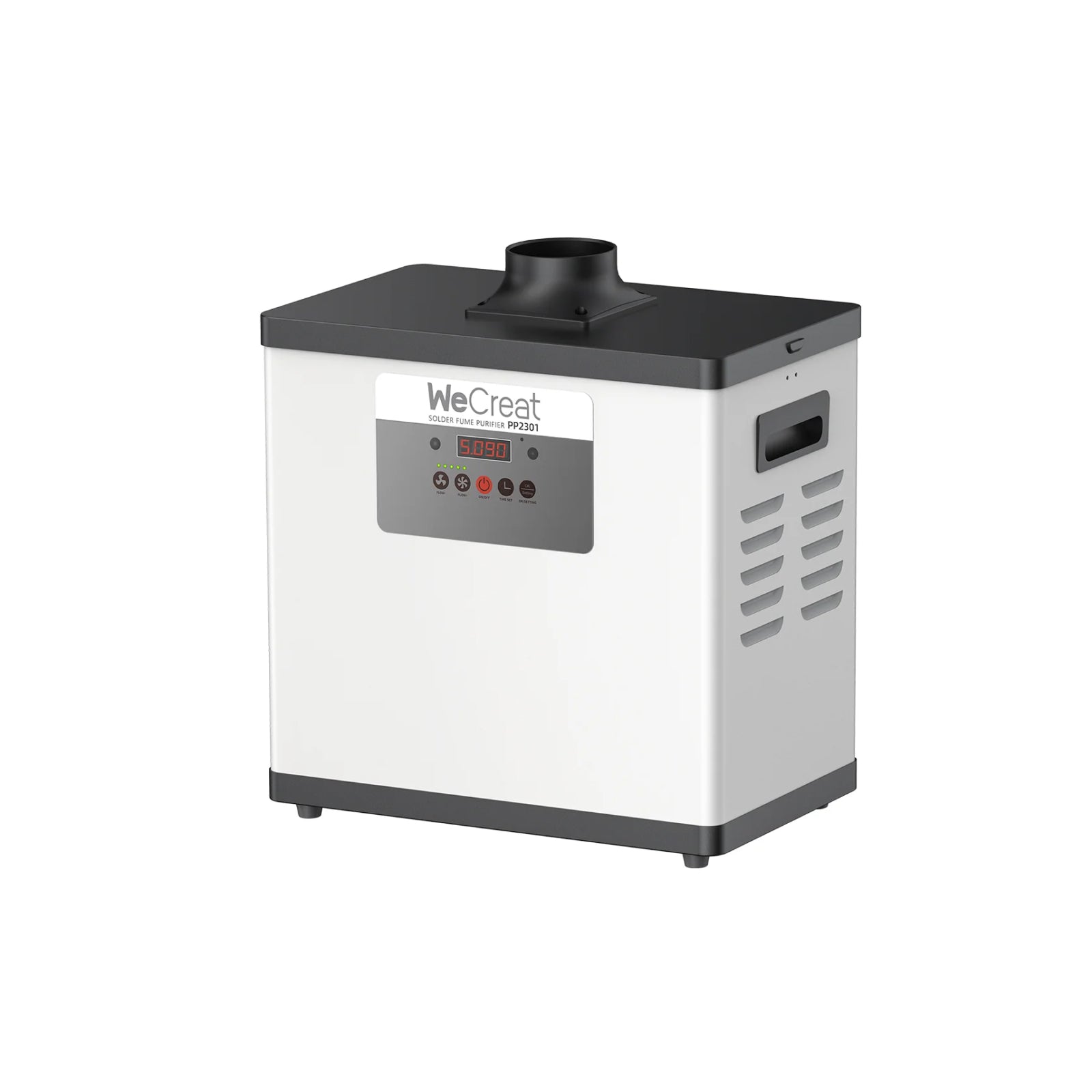
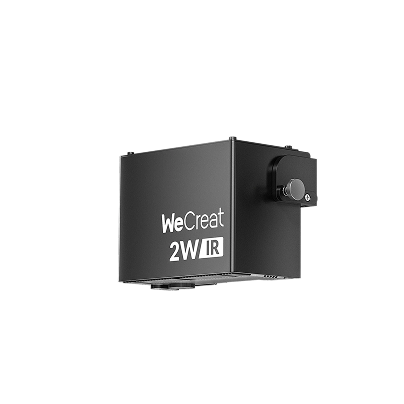
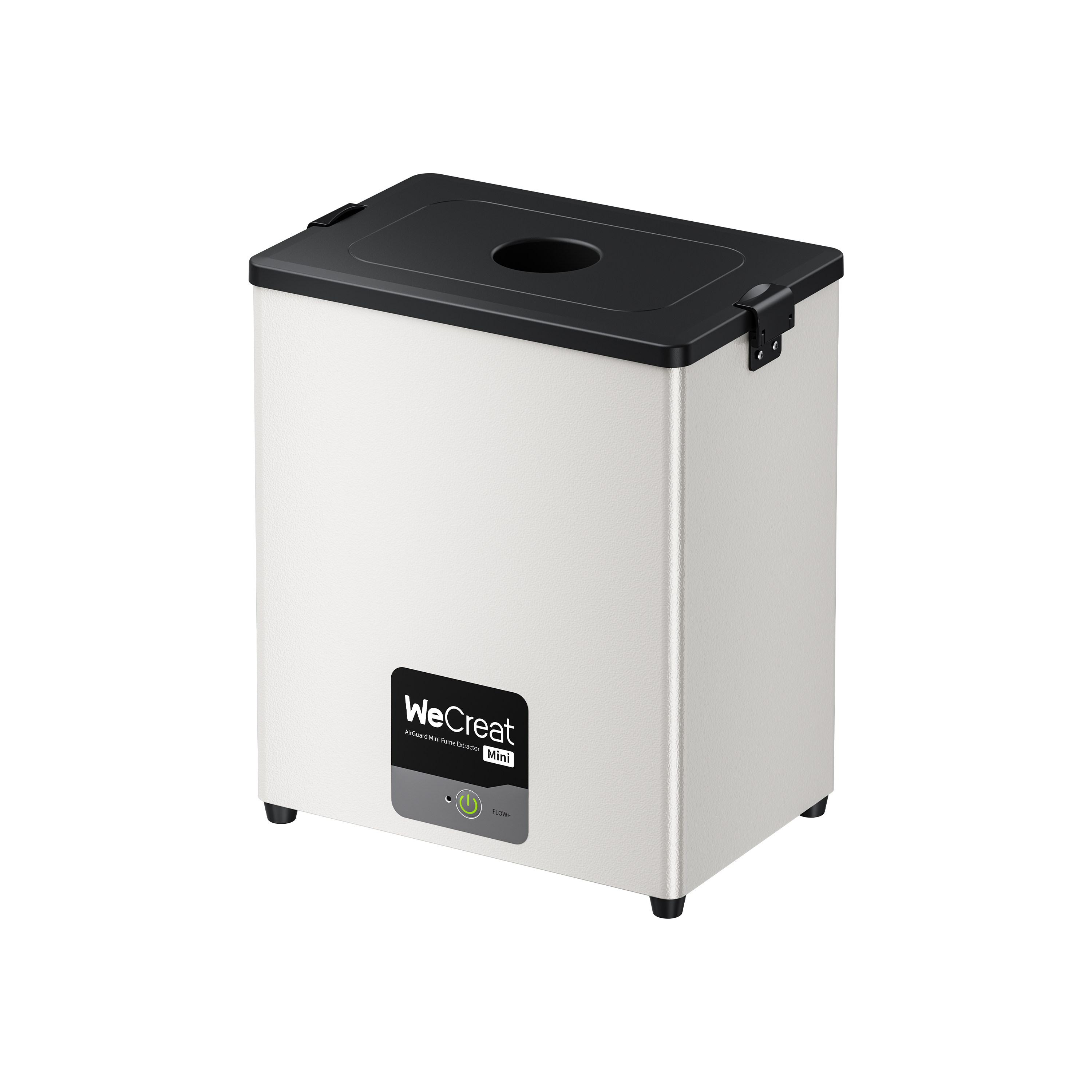

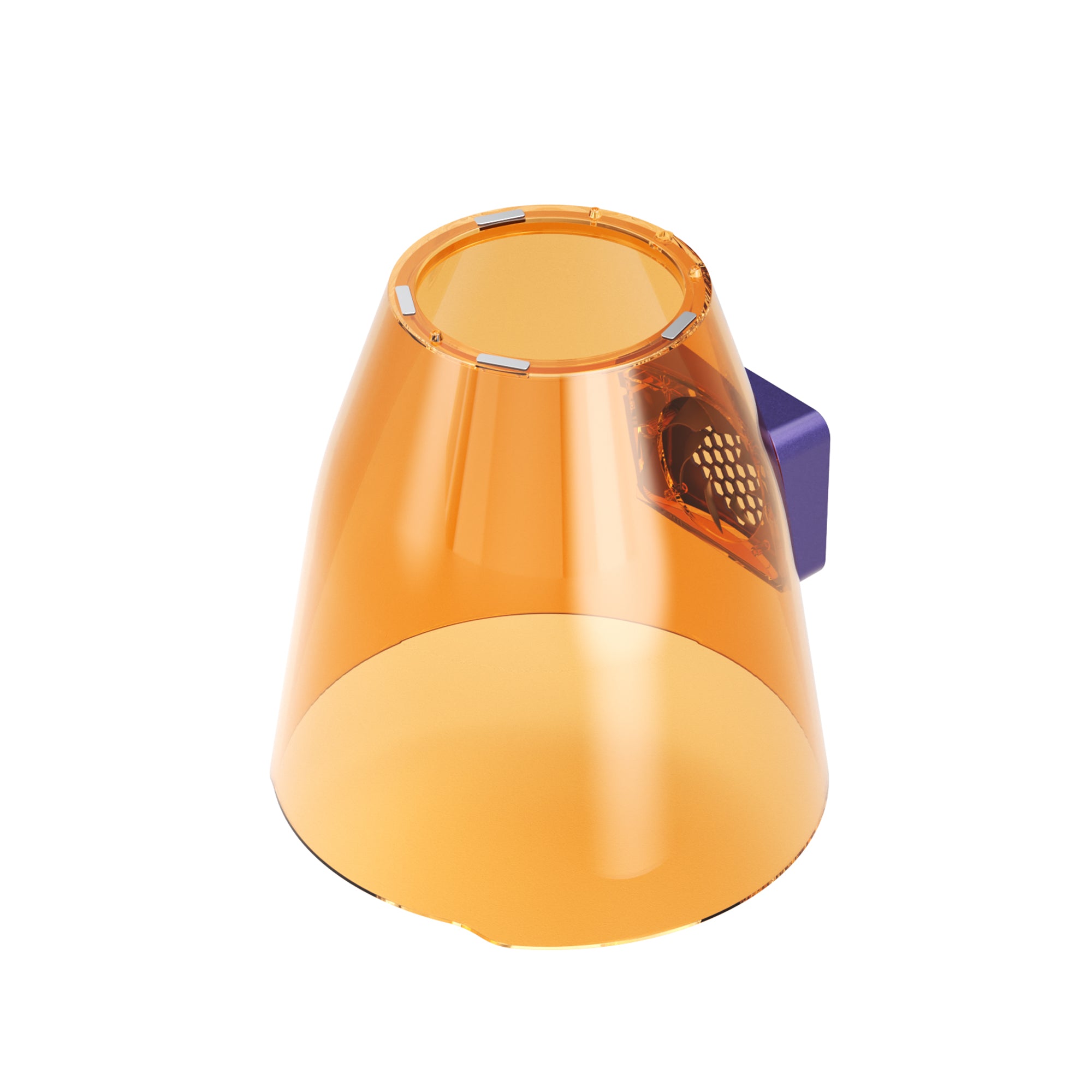
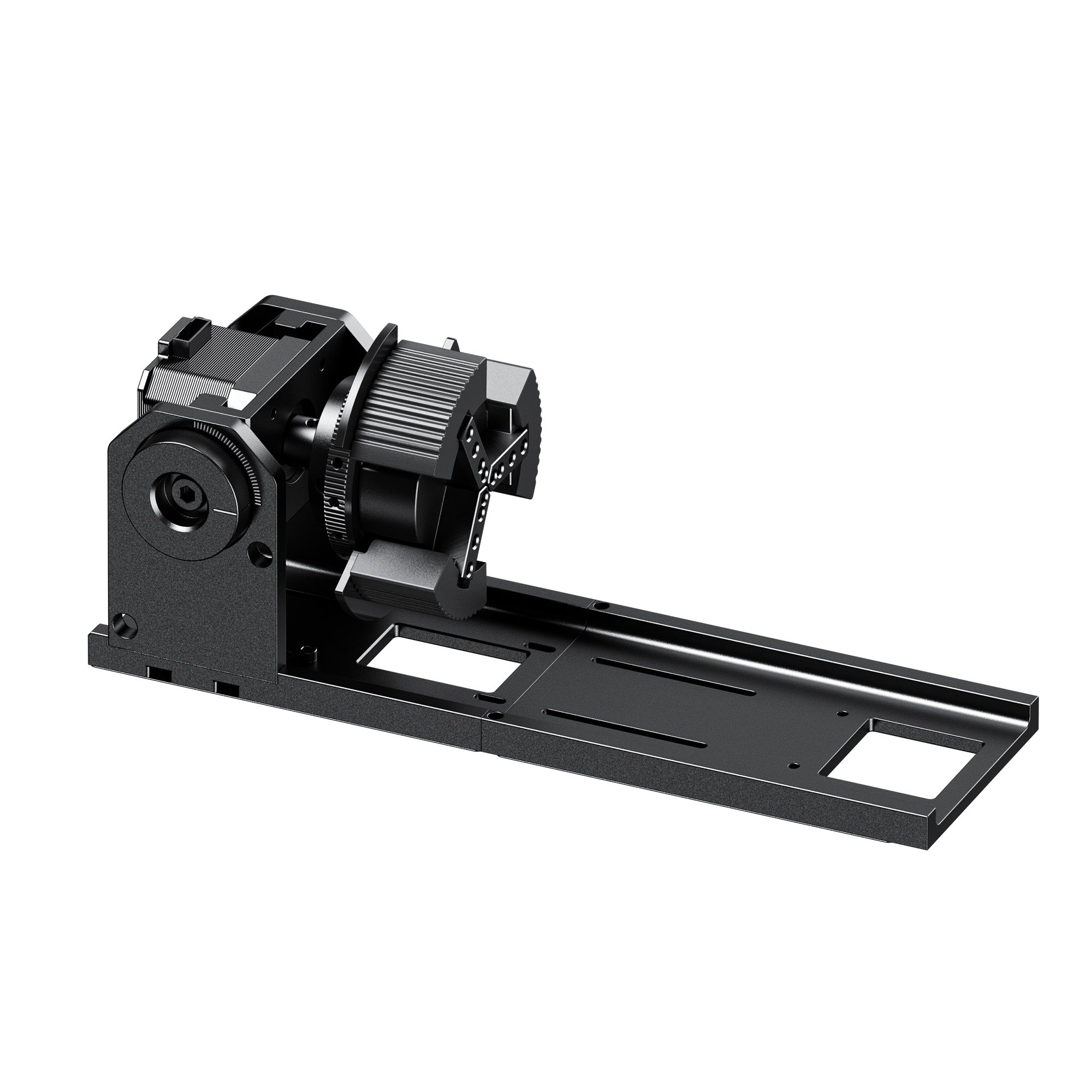
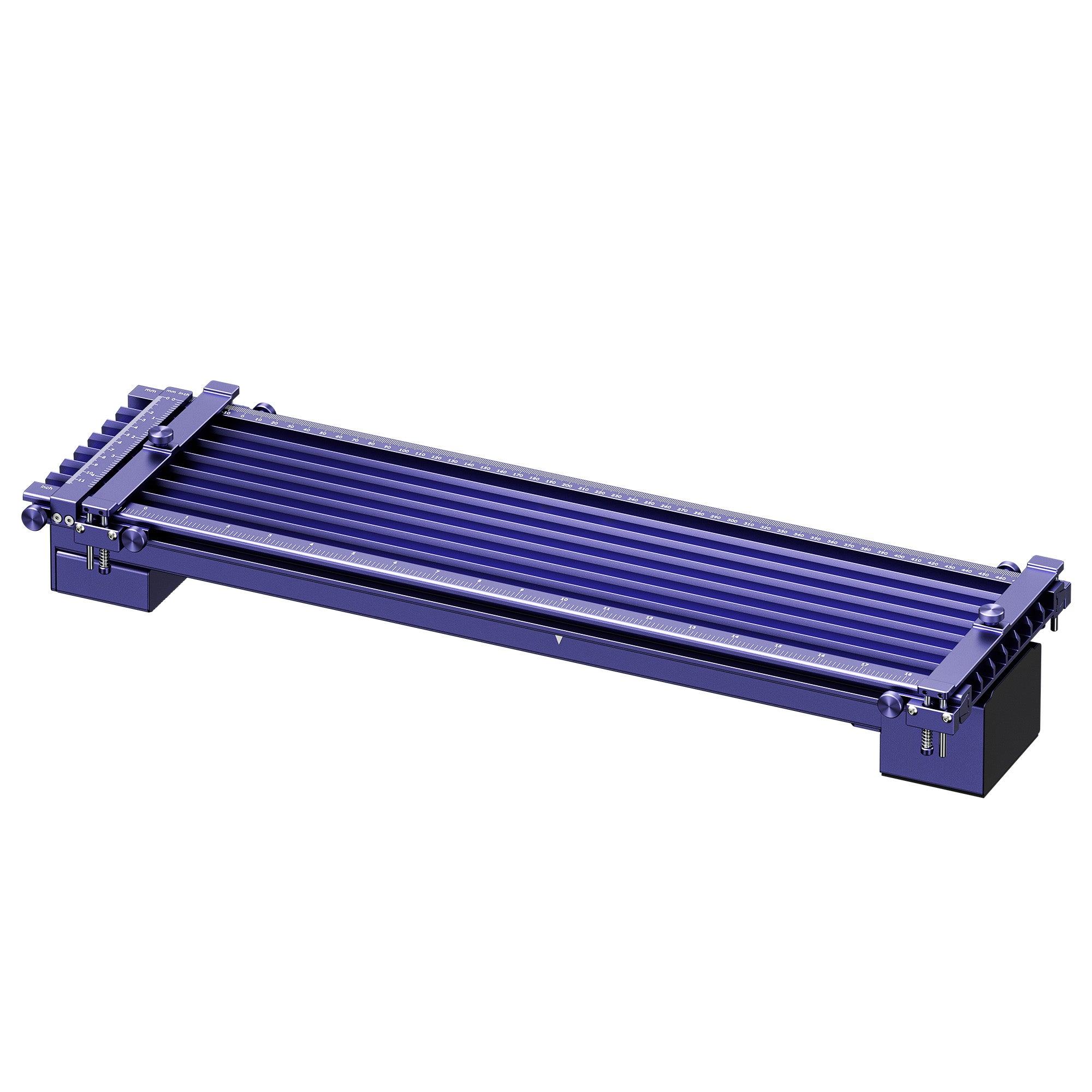




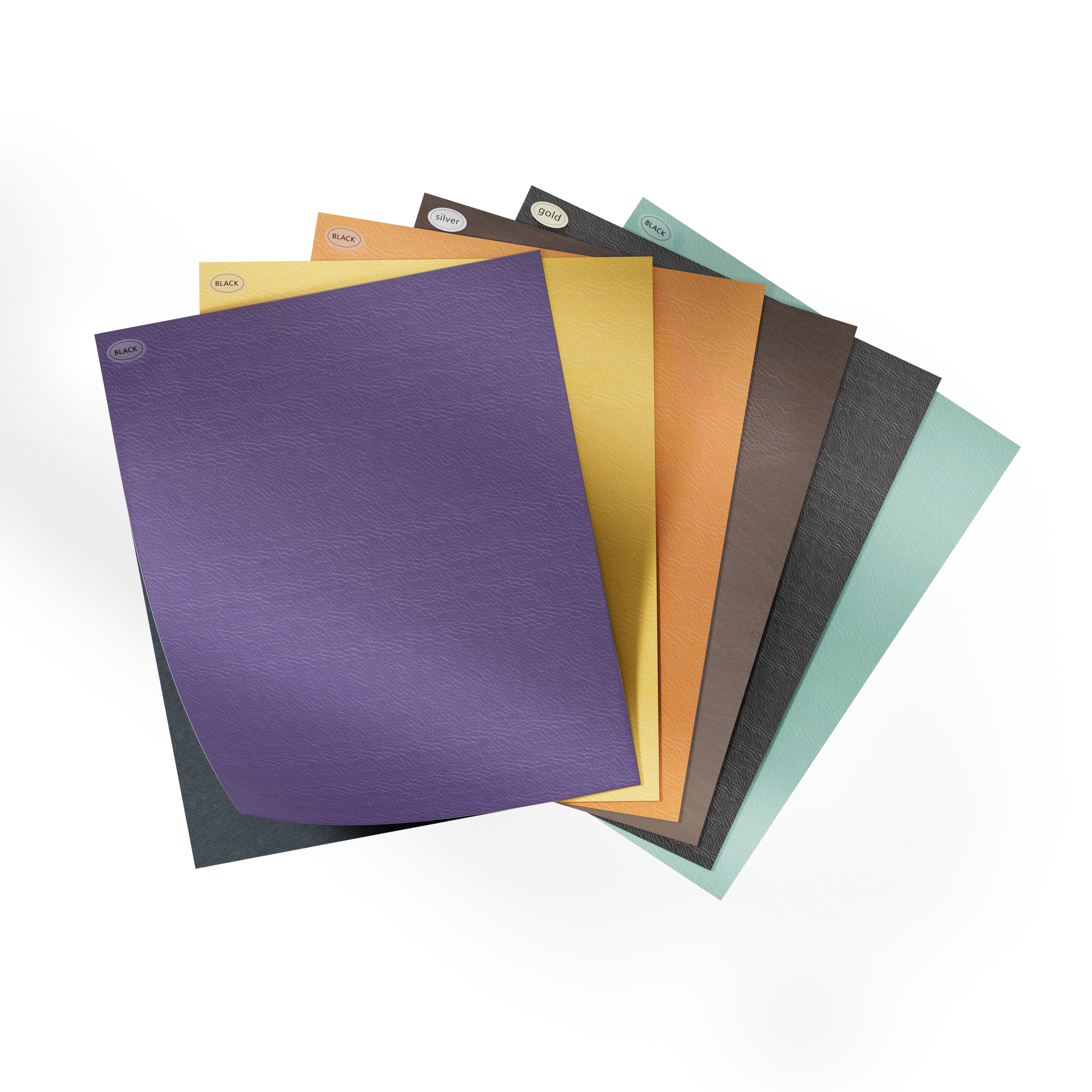

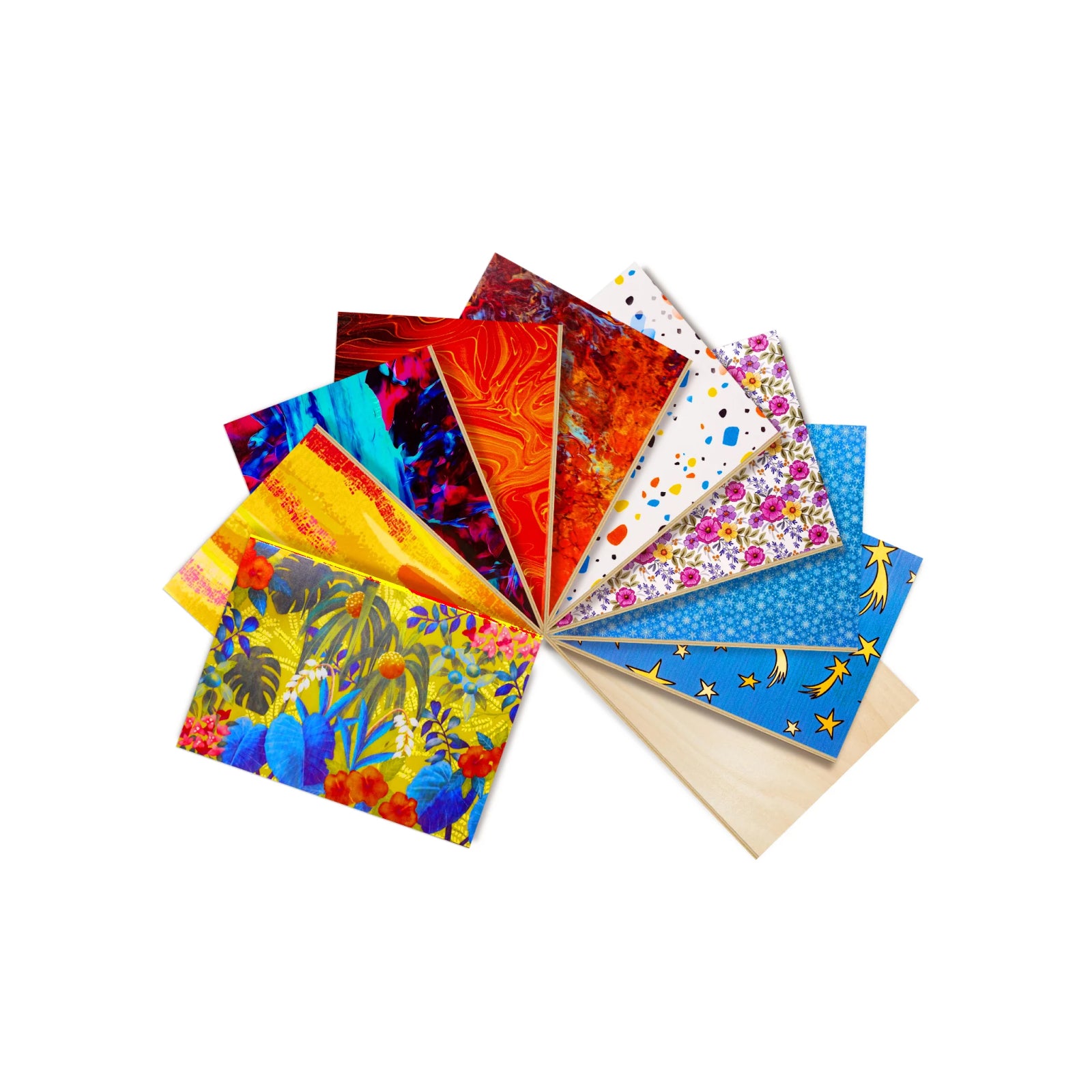




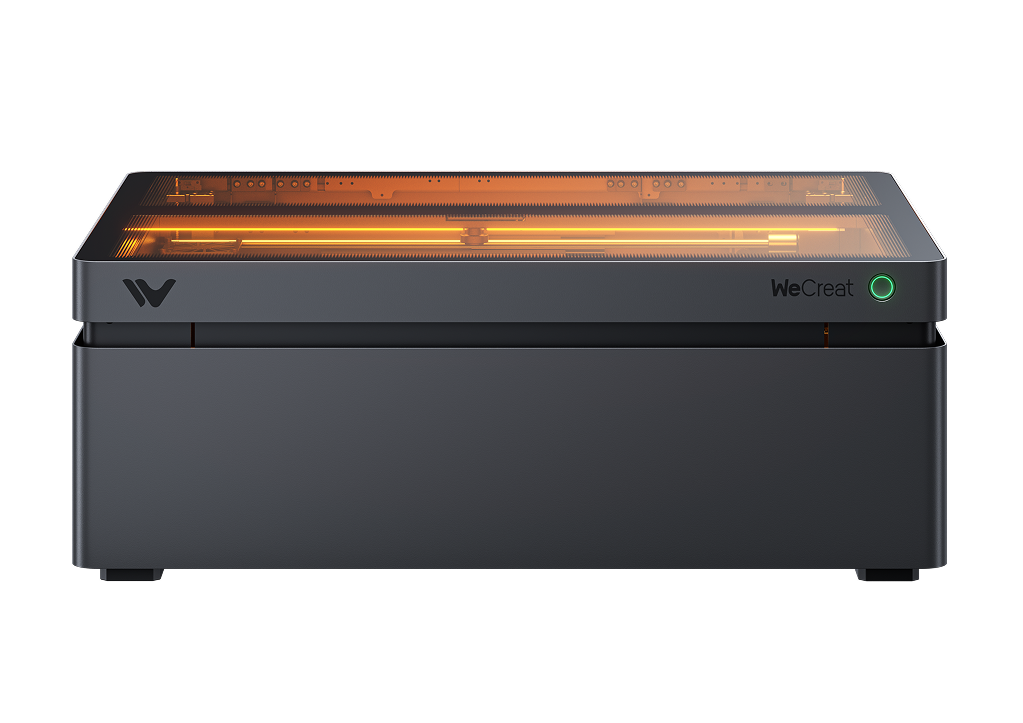

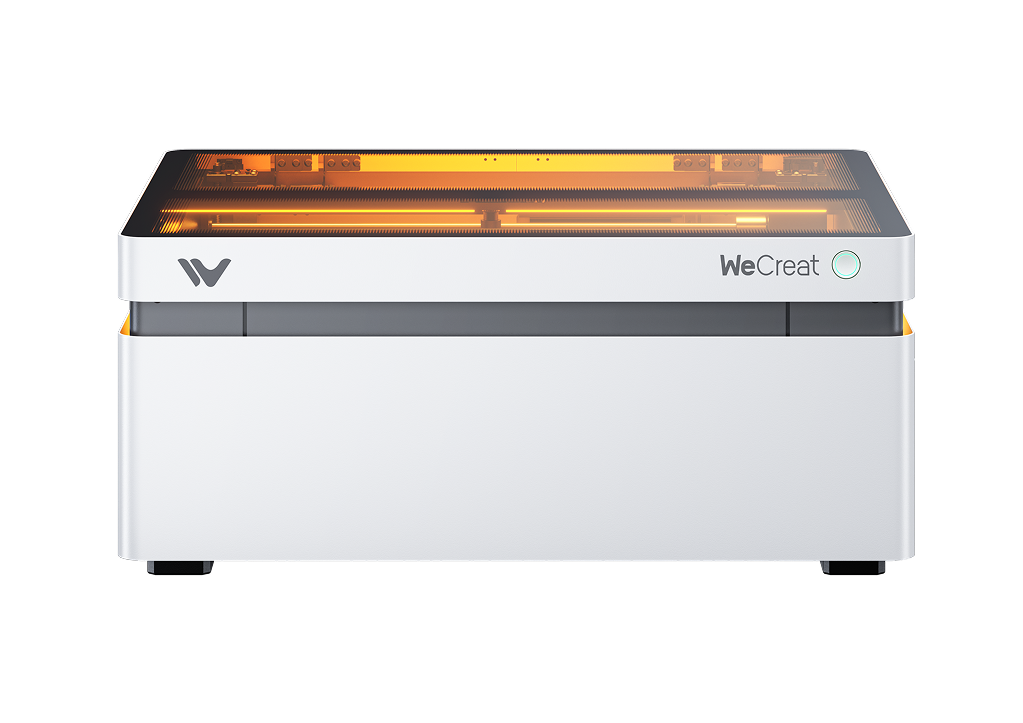
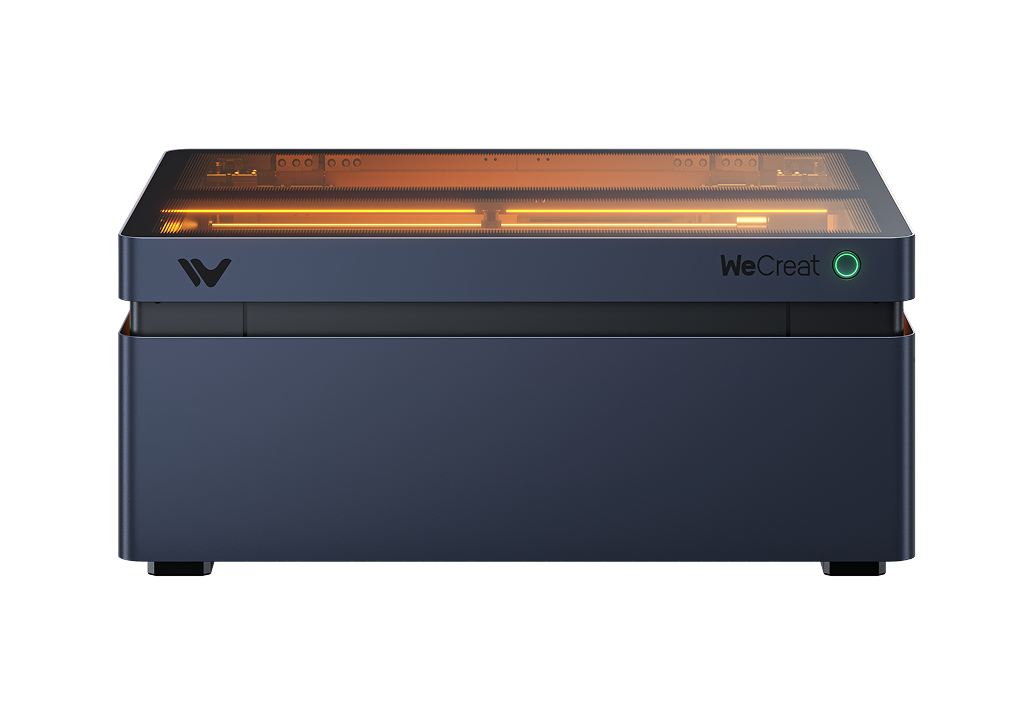
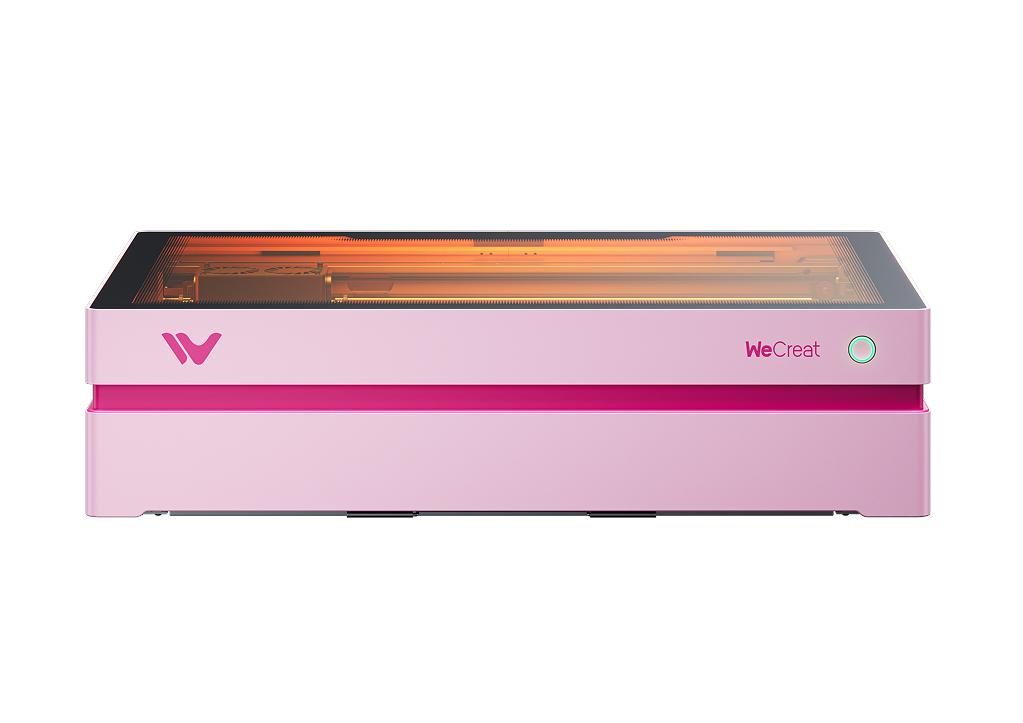

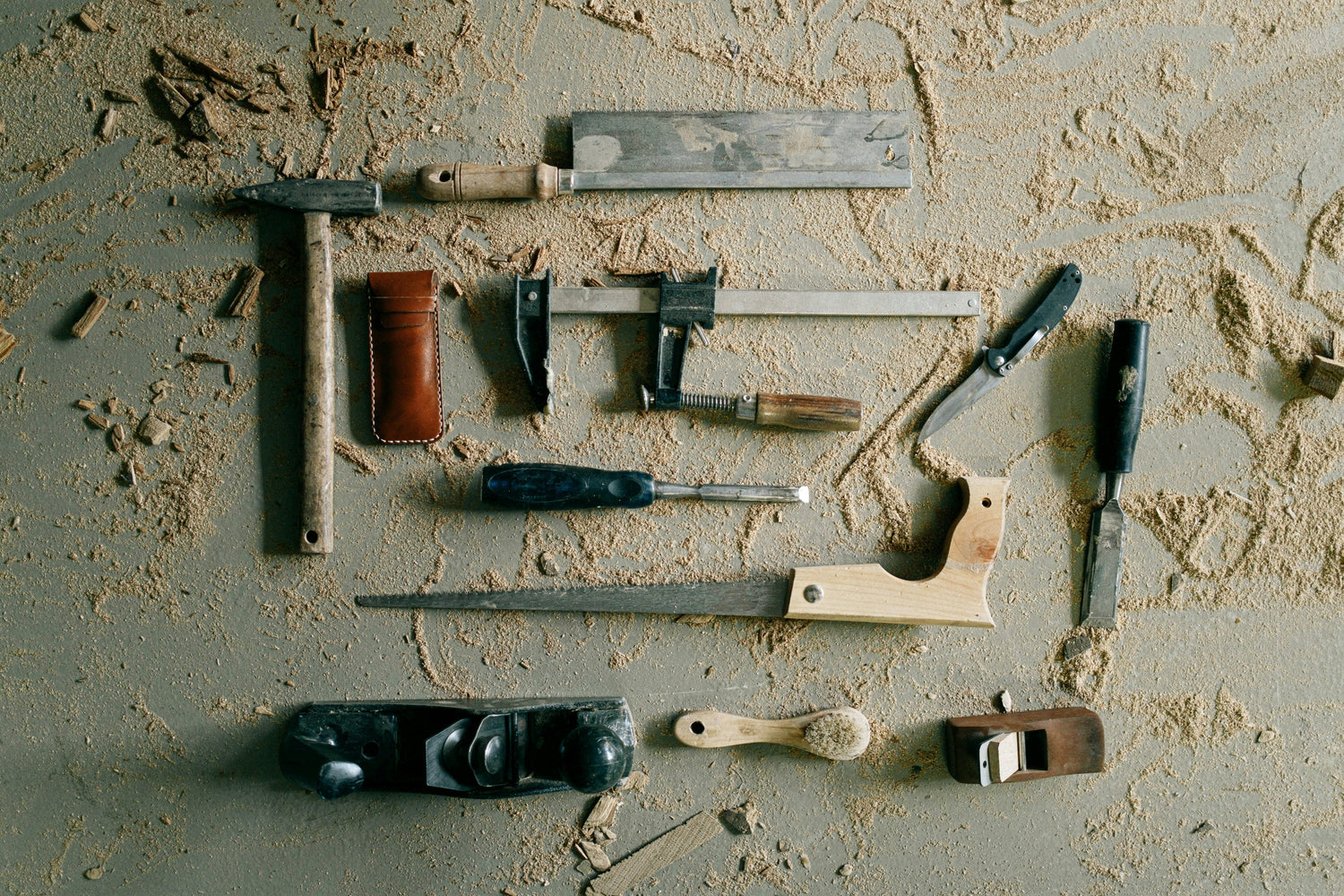

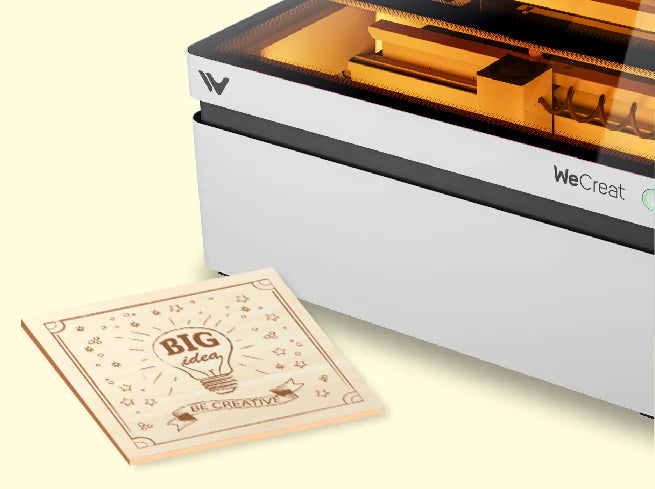

Leave a comment
This site is protected by hCaptcha and the hCaptcha Privacy Policy and Terms of Service apply.